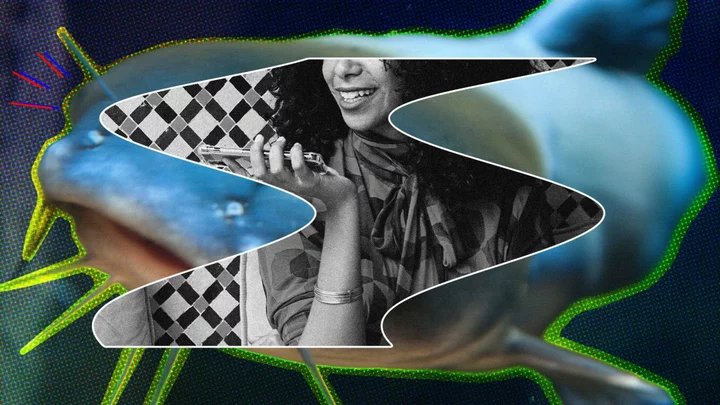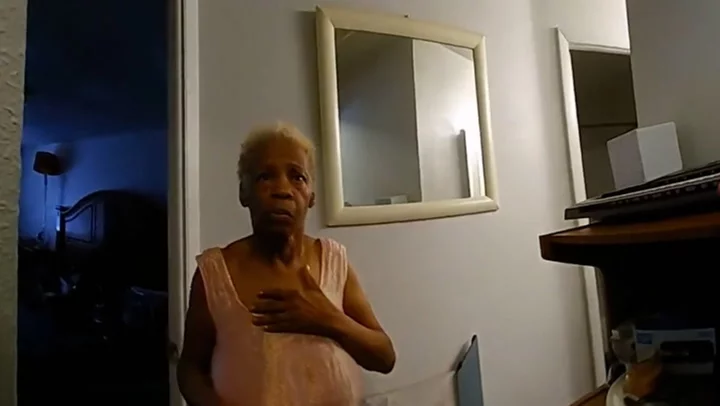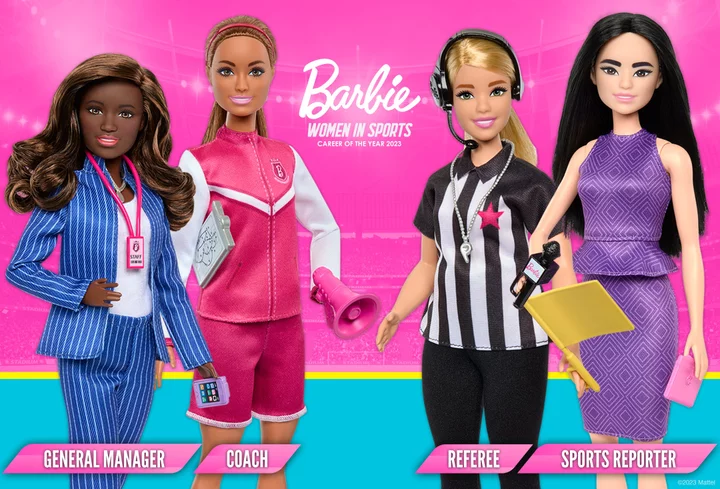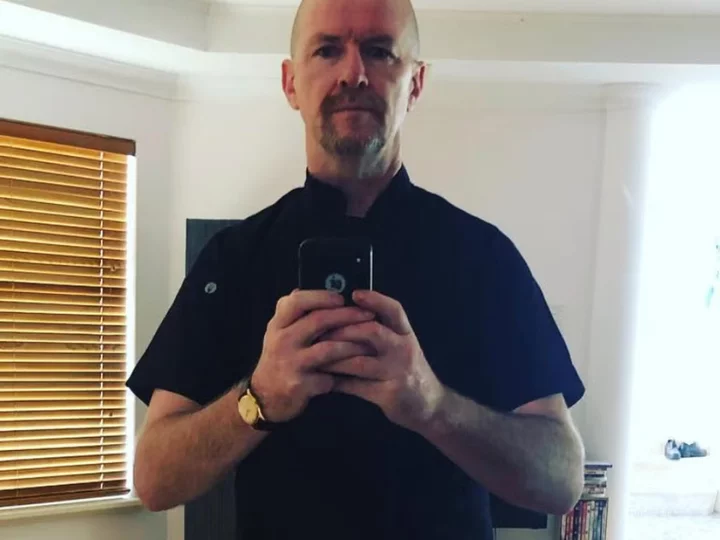Seeing isn't necessarily believing anymore, and if a lot of us are already easily blinded by love, then the rise of AI images and filtered videos can land us in a romance scam instead of a relationship.
If you’re worried that a person you’re chatting with is not as they seem, we have some tips to help you out before you get your hopes up.
Before we get into ways to figure out if someone is trying to hook you under false pretenses, there are some basic rules of safety to follow on your end:
Never give out your personal information to someone you don’t know. This doesn’t mean just your social security number and mother’s maiden name, but even links to your social media, where you work, and the names of your friends and family. It is very easy for a romance scammer, identity thief, or stalker to take what might seem like small details and connect them to you for nefarious purposes.
Do not send someone money no matter how sad their sob story is or if you think it’s for the ultimate goal of you two being together. A request for cash or gift cards should send up all of the red flags.
Don't send intimate photos of yourself. This will help prevent you from becoming a victim of revenge porn or blackmailing.
Now that we’ve got these basics down, here are some things to look out for that should hopefully prevent you from having to go on a stakeout with Nev Schulman.
Picture It
If you’ve done any online dating, then you know that photos are the primary decision-maker on apps. You swipe left or right based on that alone so people are very tempted to use a photo that’s either a filtered version of themselves or maybe not them at all. This also happens outside of dating sites where maybe you’ve met the person by chatting through a game or other ways and ask to exchange photos.
We’re not going to debate the ethics of filtering here, but when it comes to a photo that’s not really of the person, that's a higher and more serious level of deception that could be indicative of far worse things to come.
So when you want to make sure that the person you’re talking to is the person in the photo, your first move should be to do a reverse image search to determine whether or not they’ve used someone else’s photo.
If you do not find any additional photos of the person online, then look for signs that the photo was created by AI. Examine the person in the photo for overly airbrushed-looking skin, too many teeth, and clothing details that don’t match. Check the background for stray pixels and general blurriness. You can also use a site like AI or Not though those are not always accurate so you should not solely rely on them.
If you’ve found photos of the person online and they match the ones you’ve seen on an app or been sent and are attached to info that matches up with what you know about the person, that’s a good first sign but it does not mean they’re in the clear yet.
Sex, Lies, and Videotape
A video seems like a foolproof way to prove that a person matches their photo. Or it did before video filters. TikTok and other sites are filled with filters that can fool anyone these days. Whereas video filters used to glitch noticeably when objects other than a face came into view, they’ve gotten far better as of late.
@christinad443 #bestfilterontictok #fyp #omg #beauty #catfish ♬ original sound - Christina Davies787And while you should still have a video chat with someone before you meet up with them, be aware that even that can involve trickery since filters can be enabled during video calls on Instagram, Snapchat, and WhatsApp. Snapchat filters extend beyond Snapchat’s own platform can be used with virtually all video-chatting apps, except FaceTime. While this does mean that FaceTime is the best video app to determine if someone looks pretty much as they say they do (minus a beauty filter or two), you shouldn’t give out your phone number to someone whose identity you’re already doubting.
Get Social
You yourself may be aware that you shouldn't share your social media with someone you don’t know, but it’s very possible the other person has not been so cautious. If you have access to their social media, go through it to see if what’s pictured matches up with what they’ve told you. Make sure to not just click through what’s on their account but to check for anything they’ve been tagged in that could tell a different story than their own curated feed. Look at their LinkedIn (if they have one) in private mode.
Think about anything they’ve shared with you that can be checked. If they said that they ran a race, graduated from a particular school, or mentioned anything else that can be verified online, do a few searches to check it.
What To Do if You Fell For It
If you’ve been catfished, the first thing you should do is to not be ashamed about it. That shame could prevent you from getting any help you may need, of the practical or emotional kind.
When the catfishing hasn’t proceeded past the person just not matching who they said they were, block them and if you met them on a platform or app, report them to that service.
Lock down your social media and keep an eye on your financial and other sensitive accounts, If you were defrauded in any way, contact the local police as well as the Internet Crime Complaint Center.
Once you’ve taken these steps, talk to someone you trust, whether a friend or therapist, to process what happened.
How to Avoid Online Dating Scams








